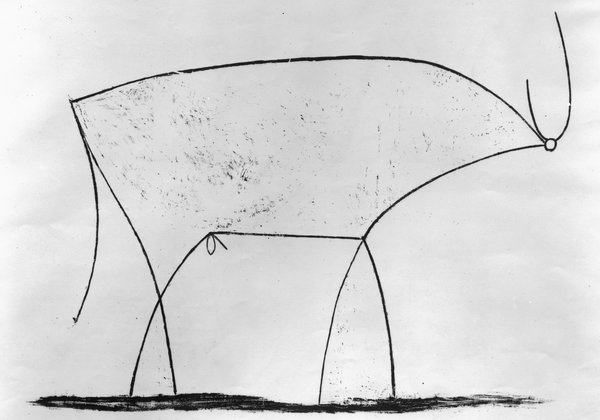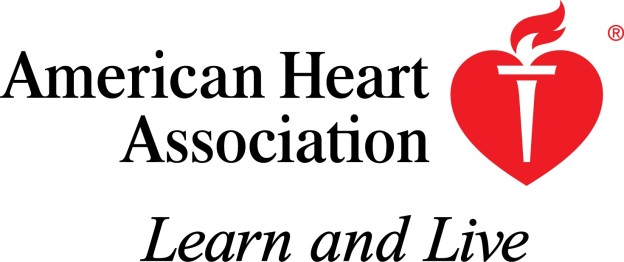Excerpt from our book on Family and Children
Is it more difficult on the market for family businesses than for big corporations?
Peter: Basically, yes. We primarily work with agents, some of whom are better than others. Our distributors generally work very hard on our brand’s behalf, but we still have to conduct plenty of training sessions to highlight the achievements and remarkable values of Frédérique Constant.
Aletta: The alternative would be to set up our own stores, but we don’t want to go that route because it would be too costly and would entail a much greater investment of managerial effort. We already have three stores and I always emphasize that there won’t be more in the future.
So big corporate groups have an advantage?
Peter: Yes, definitely. Groups own stores which carry many brands and can therefore work much more efficiently. Everything is optimally well organized.
Aletta: The second advantage involves collaborative purchases of advertising. Because of their large size, they know exactly what they’re buying. As a comparatively small business, we’re weaker there. First, we cannot buy so much. And second, we don’t have much experience with media planning. Unfortunately, much still occurs by trial and error.
Peter: Finally, big corporations can exert group pressure. If you’re a jeweler and you want to carry brand A, you’re compelled to also carry watches from brand B. This coupling can be very aggressive. They sometimes go so far as to insist that jewelers either remove Frédérique Constant from their assortment of merchandise or lose the privilege of carrying watches made by successful brands that belong to big corporate groups.
Aletta: When a jeweler is put under such strong pressure, he may regretfully have no choice but to turn us away because he simply cannot afford to lose one or another of the big brands. That’s the situation in the business these days.
Peter: So we rely on smaller family-owned jewelers who also order from corporation-independent suppliers and can thus cultivate a healthy mix of brands.
An alternative would be to operate you own boutiques.
Peter: We’ve opened boutiques in Seoul, as well as in China, Hong Kong and Saudi Arabia. Our agents operate them. We also have at least 150 shop-in-shop points of sale, where we’re much more successful than in our own boutiques.
Why?
Aletta: It’s not easy to lure customers into a single-brand boutique. We’re simply not yet known well enough. There’s also the problem of costly rents and high expenses. With our moderate price level, proprietors must sell very large numbers of individual watches to make a profit. The situation is different at a shop-in-shop because customers are already in the store. They stroll by, notice us, feel interested in our products, receive well-targeted advice … and buy our watches!
Sooner or later, every purchase is followed by customer service.
Peter: Frédérique Constant guarantees all its products for a period of two years. If there should be any sort of issue with one our watches, fifty service centers around the globe are available to help our customers. All centers are networked with our headquarters. If they don’t have the parts they need, we send the components without delay. We also offer a repair service in Geneva for more complex watches such as tourbillons. Each watch receives a tracking number so the customer can follow the progress of his watch’s repairs via the Internet.
How do you handle claims for compensation of the sort that occasionally arise with watches sold under a two-year guarantee?
Aletta: Yes, there unfortunately are some customers who hurl a watch to the ground or otherwise mistreat it. They then claim that the product was at fault and they insist that the damage is covered under the guarantee. In such instances, we closely scrutinize the watch in our factory. After ten years of experience, we can correctly determine the cause of the damage.
Peter: But ultimately we prefer not to fight about it. We would instead find a generous way to settle the dispute.
Have there been any really extreme cases?
Aletta: A truly aggressive customer will contact us about once a year. We usually opt to return the purchase price. We have 100,000 satisfied customers each year, so a single angry one doesn’t tip the scales very much.
Aletta: Less than one percent of our merchandise is returned to our factory. Our service centers also perform repair work, but returns are very minimal. The errors in our manufacture are manageable.
Why is that?
Peter: Frédérique Constant continues to produce very many quartz watches and timepieces with comparatively simple self-winding mechanical movements, both of which are inherently less vulnerable to errors. The quality of each watch is meticulously controlled before it leaves the factory. And we seldom have problems with watertightness.
Aletta: Watches with Frédérique Constant’s insignia are watertight, but we deliver all our watches with leather wristbands, so our customers usually take them off before they go for a swim. That’s a big advantage.
Peter: We’ve observed that Frédérique Constant’s customers almost always treat their watches with care. Problems with watertightness are quite evident in general. Sport watch brands can tell you all about it. We’re seeing it with Alpina.
How do you find the public administration and the governmental authorities here in Geneva?
Aletta: They’ve undergone big positive changes in recent years. When we first arrived, we had to show them our business plan for the coming five years – and we weren’t sure they’d accept it.
Peter: Wealthy people have it easier because they bring money and they pay money. Our situation was different. We basically didn’t possess anything at that time, but we hired a lawyer with relevant experience and he took care of it for us.
You own a family business, so you must also think about the next generation, especially because you’re not planning to sell Frédérique Constant. You have two children – a boy and a girl. Do they like watches?

Frederique Constant 10 Years HBM Celebration with Aletta, PJ and Eline. Also in photo Daniel Pasche, President of the Swiss Watch Federation and Julia Kosheleva of Protime.
Peter: Our children are still young. Basically they have fun with watches. Our 16-year-old son is more interested in science and our 12-year-old daughter would be more likely to take an interest in watches. But at such young ages, it’s too early to begin thinking about that.
Are you bringing up your children so they’ll one day take over your business and continue it?
Aletta: We’re taking a rather passive approach with their upbringing as far as someday taking over our company is concerned. At home, they already have to listen to so many stories from the daily life of a watchmaking manufacture. There’s no way to avoid that, but we aren’t actively bringing them up in this direction.
Peter: When the time comes for them to decide, we want our children to be totally free to choose what they want to do and what they would prefer not to do.
Are they interested in knowing what’s happening at Frédérique Constant and how the business is developing?
Aletta: Basically, yes, but they don’t say “now I’m going to be the boss.” They’re still too young for that. But our son was here many times during summer vacations and he helped at Alpina. He worked on the apps. In this way, he gets to know that an entrepreneur has to work very hard and with unflagging concentration to make sure that nothing drops into his lap by mistake! As the saying goes, “Nothing’s for nothing.”
As a mother, would you be pleased if your children were attracted to the business?
Aletta: Yes, of course, how could I not be pleased by that? It would be wonderful. If it works well, it’s fantastic.
What is it like for a married couple to share their business life and to work so closely together?
Aletta: Now and then I hear people say it must be problematic. I admit it can be difficult at times. But when it works smoothly, there’s definitely nothing better.
Peter: We share the same passions and we also share the occasional worries. That makes things much easier.
Aletta: I see things similarly with regard to the children. If they choose to join the business and everything works smoothly, it would be marvelous. But suppose they graduate from university and take jobs with companies located somewhere halfway around the globe. Then we would see them only rarely. It would be much nicer to have our children working under our own roof.
Do your opinions about Frédérique Constant sometimes differ drastically from your husband’s views?
That naturally happens now and then. But I know how to convince him that my opinion is right! Seriously though, our views seldom diverge extremely far apart.
Peter: Differences of opinion are most likely to occur when we didn’t have the time, or didn’t take the time, to sit down together and discuss the problem in depth. We each have our own clearly defined fields of activity in which we think and act in a results-oriented manner. Often the disagreement is really only about which path is the best route to our shared goal.
Aletta: The form of the dialogue is always important because we both already know the contents. How should I phrase what I want to express? There’s a certain difference here depending on whether you’re talking with a colleague or with your spouse. Even if we didn’t work together, the ways and means of our communication would be decisive for our mutual understanding. I believe that the right way of interacting can solve at least half of all problems.
More in our book Live your passion

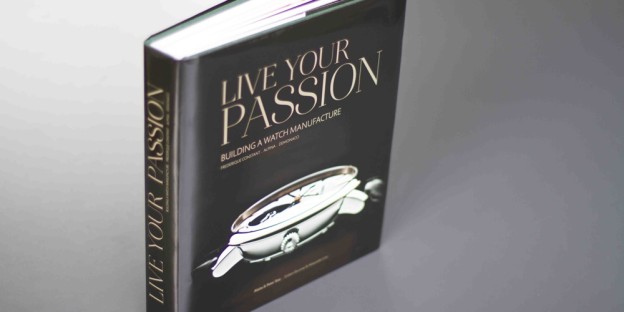
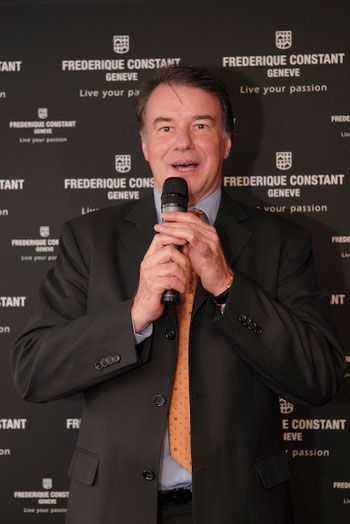

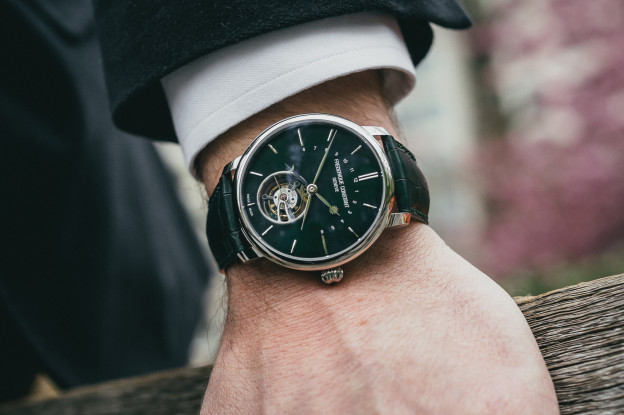

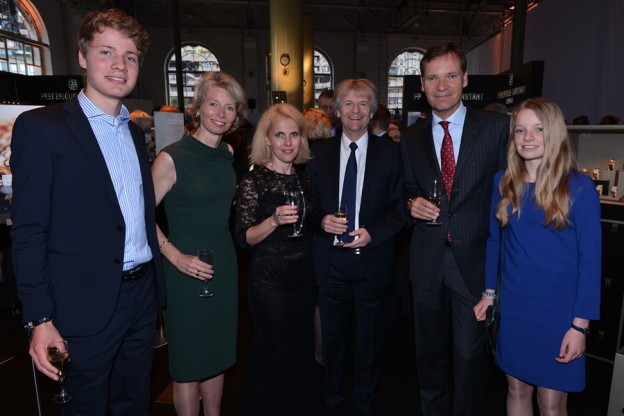

 I love comments, and “likes” that let me know I’m writing something that resonates. Please give me feedback liberally – or conservatively, depending on your predilections!
I love comments, and “likes” that let me know I’m writing something that resonates. Please give me feedback liberally – or conservatively, depending on your predilections!